su consiglio di Christian Rocca, che segnala l'opinione oltre oceano sulla novità del movimento di Giuliano Ferrara, estrapolo dall'inserto domenicale del new york times alcune considerazioni sul nostro paese:
[...]
Mr. Veltroni, a mild-mannered former Communist, has adopted Barack Obama’s “Yes We Can” slogan for his campaign. But he probably can’t. He lacks the Obama charisma and momentum, and the support to push through needed economic reforms.
Not that Mr. Berlusconi is keen on reform. He’s been busy organizing investors — including his own children — to buy a major stake in Alitalia, Italy’s bankrupt flagship carrier, which until last week was on the block to Air France-KLM. The idea of a potential future prime minister buying the national airline, then appointing the transportation minister and finance minister, is “absurd,” Mr. Ferrara said. If Mr. Berlusconi wins, he said, Palazzo Chigi, the prime minister’s residence, “will be more like Casa Rosada” — the seat of the Perons in Argentina — “than the White House.”
Non-Italians are often baffled that Mr. Berlusconi remains in office even after having been found guilty, and then acquitted, in multiple corruption trials. But cynicism runs through the culture here like veins in marble; it is widely assumed that elected officials are on the take and the justice system subject to political manipulation.
In light of this, Mr. Ferrara’s campaign seems a cry for life in a country steeped in death and decline. Still, the campaign can be surreal. When a health inspection found that an illegal, late-term abortion had been performed on a fetus with Klinefelter’s Syndrome, whose symptoms include small testicles and large breasts, Mr. Ferrara said that was no grounds to abort. He said he, too, might have the syndrome — and anyone who doubted him could take a look. But Mr. Ferrara is an unlikely pro-life crusader; he has acknowledged that in his early 20s, three of his partners had abortions.
Indeed, no one seems to understand exactly what Mr. Ferrara is up to. He began his strange crusade just when “8 ½” had given him national intellectual credibility, even from the left. The campaign baffles even close friends, like the columnist and former leftist radical Adriano Sofri, who wrote a book, “Against Giuliano,” taking him to task.
One obvious question is whether Mr. Ferrara is inching his way toward the Church as if it were the last best hope for a politics of ideas. He denies this. “I’m not asking for their support, not in any way,” he said. “Of course it’s also true that I don’t have it.” Indeed, three leading Catholic publications have criticized Mr. Ferrara’s campaign, saying matters of faith should remain private. But on a recent visit to a church in Mr. Ferrara’s neighborhood in Rome, Pope Benedict XVI shook his hand. Mr. Ferrara said in the interview that he had a “relationship” with the Church, but no political ties.
Many Italians have noted a rise in religious conservatism since the election of Pope Benedict XVI in 2005. That year, the Berlusconi government passed a law to restrict artificial insemination, and Catholic newspapers successfully urged Italians to reject a referendum to re-liberalize it. The English writer and Italy expert Tim Parks, in The New Statesman in 2006, observed that the “crucial change” in Italian life since 2001 has been “the collapse of every grand political idea,” while politicians of all stripes “have been eagerly declaring their Christian credentials.”
For his part, Mr. Ferrara says he remains an atheist. “I’m not a converted Catholic,” he said. “I’m still a nonbeliever, even though my idea of reason is the idea of a reason which is open to mystery.” Whatever his motivations, his new crusade says as much about the power vacuum in Italy as the power. After all, as the critic Nicola Chiaromonte observed in the late 1940s, “In Italy, the Church offers not heaven so much as protection from the sheer impact of history.”




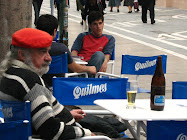

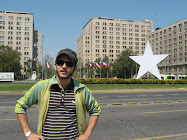



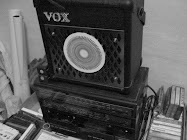
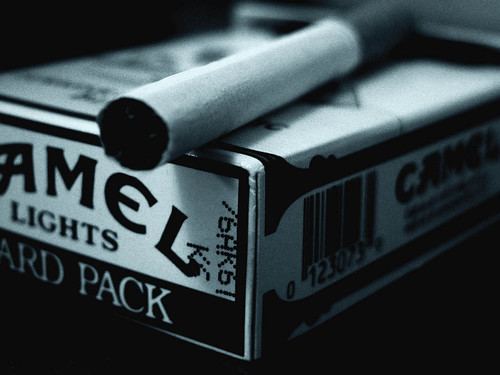



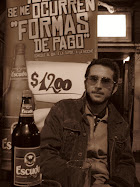


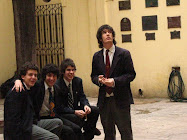

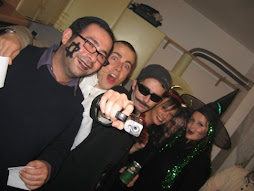

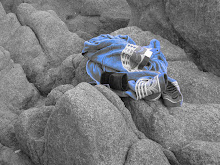







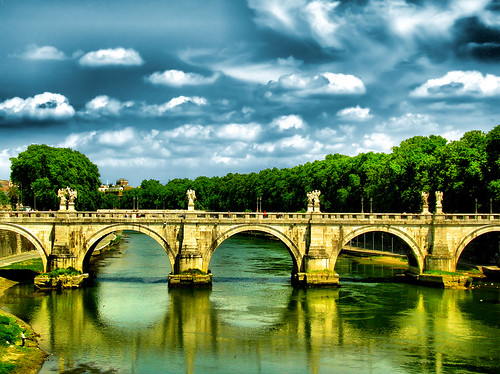
0 commenti:
Posta un commento